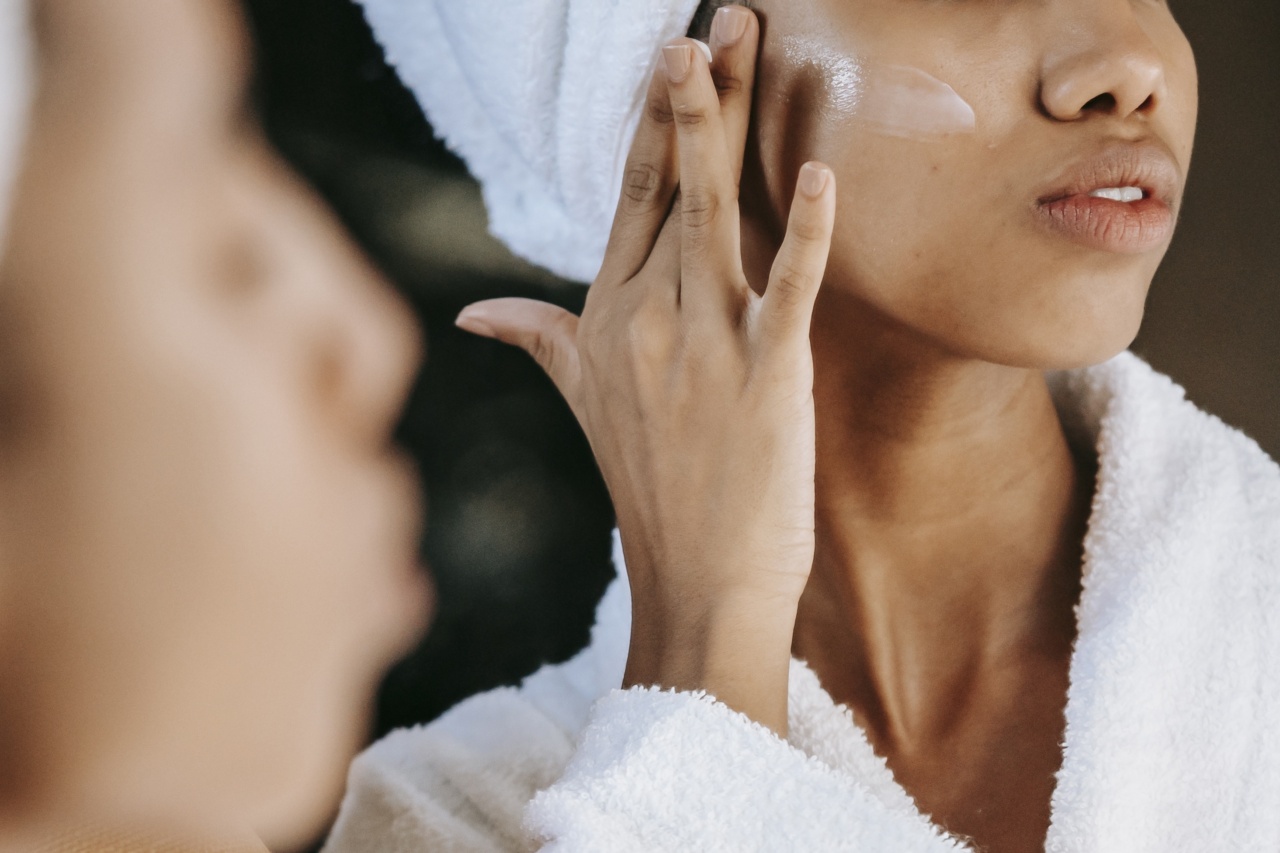If you have oily skin, you know how frustrating it can be to deal with excess shine, enlarged pores, and frequent breakouts. However, with the right skincare routine, you can effectively manage and balance your skin’s oil production.
In this article, we will share a DIY skincare routine specifically tailored for oily skin. These natural and affordable remedies will help you achieve a healthy, matte complexion.
1. Cleanse
Cleansing is an essential step in any skincare routine, especially for oily skin. Opt for a gentle, sulfate-free cleanser that won’t strip away your skin’s natural moisture.
Look for ingredients like salicylic acid or tea tree oil, known for their ability to control oil production and prevent acne. Cleanse your face twice a day – in the morning and before bedtime – to remove impurities and excess oil.
2. Exfoliate
Exfoliating your skin is crucial to remove dead skin cells and unclog pores. However, be gentle and avoid harsh scrubs that can cause irritation. Create a homemade exfoliant by mixing equal parts of fine sugar and honey.
Gently massage this mixture onto your skin in circular motions for a few minutes, then rinse thoroughly. Limit exfoliation to once or twice a week to prevent over-stripping your skin’s natural oils.
3. Tone
Toner helps to balance your skin’s pH level and remove any remaining impurities. Look for a toner containing witch hazel or apple cider vinegar – both known for their astringent properties.
Alternatively, you can create a DIY toner by diluting apple cider vinegar with water (1:1 ratio). Apply it to your skin using a cotton pad or simply spritz it onto your face. Be sure to avoid your eye area.
4. Use a Clay Mask
Clay masks work wonders for oily skin as they absorb excess oil and draw out impurities. You can find various clay masks in the market, or you can make your own using bentonite or kaolin clay.
Mix the clay with a little water or rosewater to form a paste, then apply it evenly on your face. Leave it on for about 15 minutes until it dries, then rinse it off with lukewarm water. Clay masks should be used once a week.
5. Moisturize
Many people with oily skin avoid moisturizers thinking that it will make their skin even oilier. However, skipping moisturizer can actually backfire, as it can lead to increased oil production.
Look for oil-free, non-comedogenic moisturizers that provide hydration without clogging your pores. Gel-based moisturizers or those containing hyaluronic acid are great options. Apply a thin layer of moisturizer on your face after cleansing and toning.
6. Protect with Sunscreen
Regardless of your skin type, sunscreen is crucial for protecting your skin from harmful UV rays. Look for a non-greasy, oil-free sunscreen with at least SPF 30. Apply it generously on your face and neck every morning, even on cloudy days.
Don’t forget to reapply every two hours, especially if you spend prolonged periods in the sun.
7. Use Oil-Absorbing Sheets
To combat mid-day shine, keep a pack of oil-absorbing sheets in your bag. These thin sheets help to remove excess oil without disturbing your makeup. Simply press the sheet onto the oily areas of your face and hold for a few seconds.
Do not rub the sheet as it may irritate your skin. Oil-absorbing sheets are a quick and convenient solution to combat excess oil throughout the day.
8. Avoid Harsh Chemicals
Avoid skincare products that contain harsh chemicals, such as alcohol and sulfates. These ingredients can strip away your skin’s natural oils and cause irritation.
Instead, opt for natural and gentle ingredients like aloe vera, green tea extract, and cucumber. These ingredients have soothing and anti-inflammatory properties that benefit oily skin.
9. Keep a Healthy Diet
Your skincare routine isn’t the only factor in managing oily skin. A healthy diet also plays a significant role. Avoid greasy and fried foods, as they can contribute to excess oil production.
Instead, include foods rich in antioxidants like fruits, vegetables, and whole grains. Drinking plenty of water will also help flush out toxins and keep your skin hydrated from within.
10. Don’t Touch Your Face
Lastly, avoid touching your face with dirty hands or constantly rubbing it. This transfers bacteria and oils onto your skin, potentially leading to breakouts.
Be mindful of your hand hygiene and try to refrain from unnecessary touching or picking at your skin. If you must touch your face, make sure your hands are clean.





























